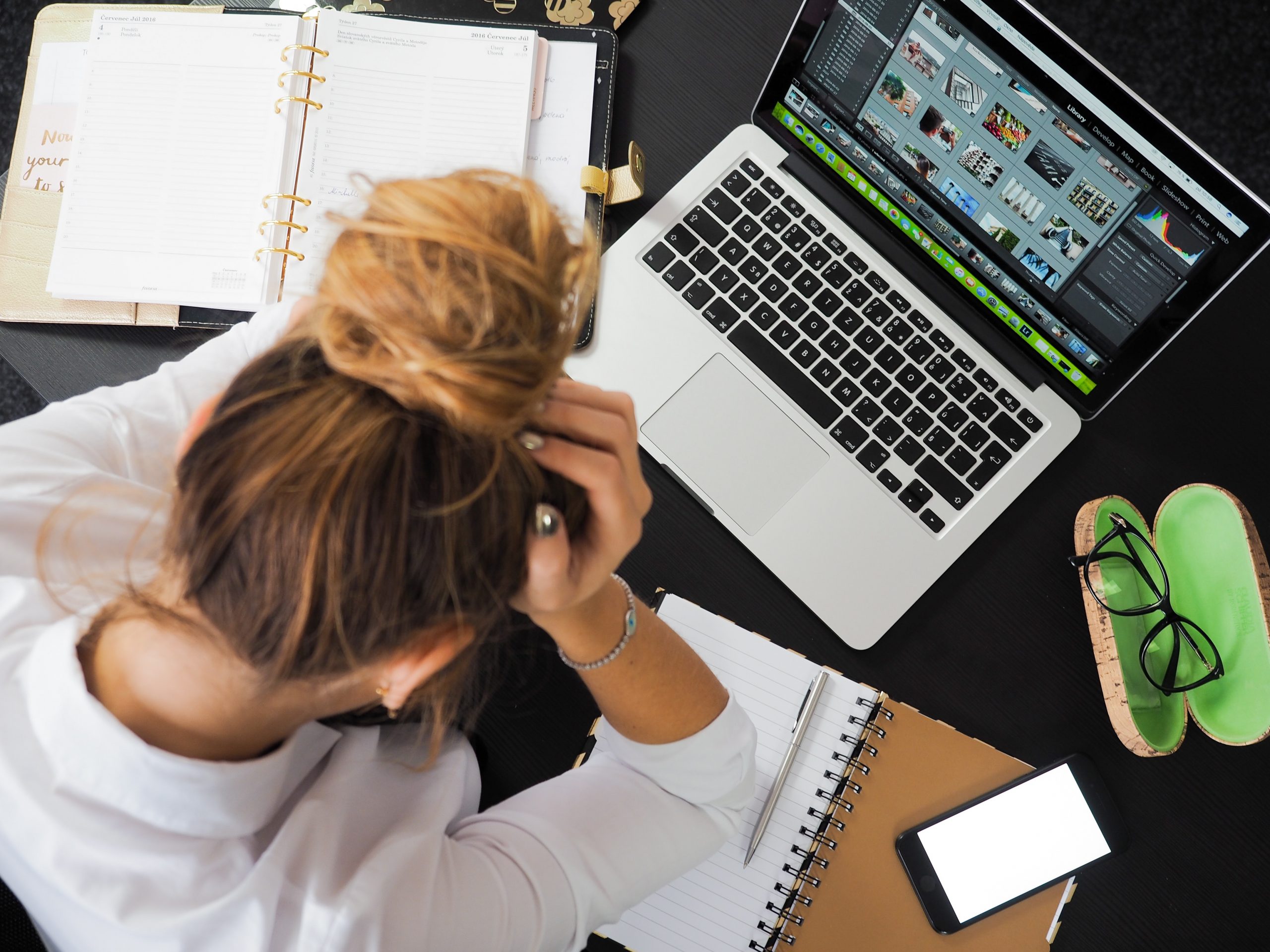Around the globe we face an unprecedented time in our lives, which has, in a short space of time, changed the way we live and work beyond recognition. People who normally spend most of their working week in an office environment, surrounded by colleagues/work friends, are now working from home either completely alone or maybe with the spouse, children or the dog for company.
The initial idea of working from home can be a novelty – “Yes! I get to sit in my PJ’s with my feet up whilst working my way through today’s emails”; but the novelty can – and does – soon wear off. With this can bring added stress and mental health concerns, so it is really important to raise awareness of this and put in place ways to work effectively whilst managing stress levels.
As someone who has worked from home for a number of years, I would like to share some of the ways I look after my mental health working in an isolated environment says Rachel Irons of Complete Health and Protection.
Here are my Top 7 tips for stress busting in a home working environment:
Create a Workspace – try to create a dedicated workspace, even if it’s the corner of a room. Choose a spot, if you can, where you are least likely to be disturbed by children and family members who may now be around for your working day. Creating a dedicated workspace will help give you the mindset that you are ‘at work’ when you are in that area – and somewhere to ‘leave’ at the end of the day.
Plan your day. It’s a good idea to put together a clear plan for when it’s time to work and when it’s time to have a break. Before I start the day, I write a list of all the jobs that I need to get done, in order of priority. That way, I have mentally prepared for the day ahead and what needs to be achieved, meaning less worry about when I will get my work done. Tick through these items as you do them to get a sense of progression and achievement.
Prioritise – Working smarter, not harder means you are concentrating on tasks that will make a real difference. Working out how important / urgent a task is, will help you to put it into order of priority for the day and helps keep a sense of direction and perspective.
Take a break – Deadlines and heavy workloads can often lead to shortened or even non- existent lunch breaks. Don’t skip these refuel breaks, as they are critical to clear your mind and refocus. Eat lunch away from the desk, so that you are having time away from work or screen.
Get outside – Fresh air and exercise is a great way to lower stress levels. Utilize your ‘one a day’ exercise by getting out for a walk on your lunch break, or to do a spot of light gardening. The simple act of being outside can offer huge benefits to your mental and physical wellbeing.
Speak to a colleague – Sometimes the best stress-reducer is sharing your stress with someone. The act of talking can be a highly effective way of blowing off steam and regaining a sense of calm. You don’t need to necessarily fix the problem but listening and sharing the weight can be a huge help.
Digital Detox – stay in contact with work colleagues and friends via social media but try to avoid accounts that are sensationalistic and can raise stress and anxiety levels. Monitor and limit your usage of news websites, as you may find they have a negative effect on your wellbeing. Group catch-up apps – be that for work or friends – such as Zoom can be excellent at maintaining relationships as you keep an eye-to-eye contact which can help with the inevitable feelings of isolation we all get from time to time.
Rachel continues; “Find out about your Employee Benefits, as these can be hugely valuable at a time like this. Check to see if your firm has policies to provide solutions in dealing with workplace stress and adapting to new environments. Your employer may already be paying into something like this, so ask what help you can draw down.
The most important message here is – don’t suffer alone. There are millions of people around the UK and world who are in the same position. If you are feeling the stress of working from home, make sure you relay this to your employer so they can offer help and support early on, as it’s not only in your best interests to stay mentally ‘together’, but also that of the company you are working for”.








